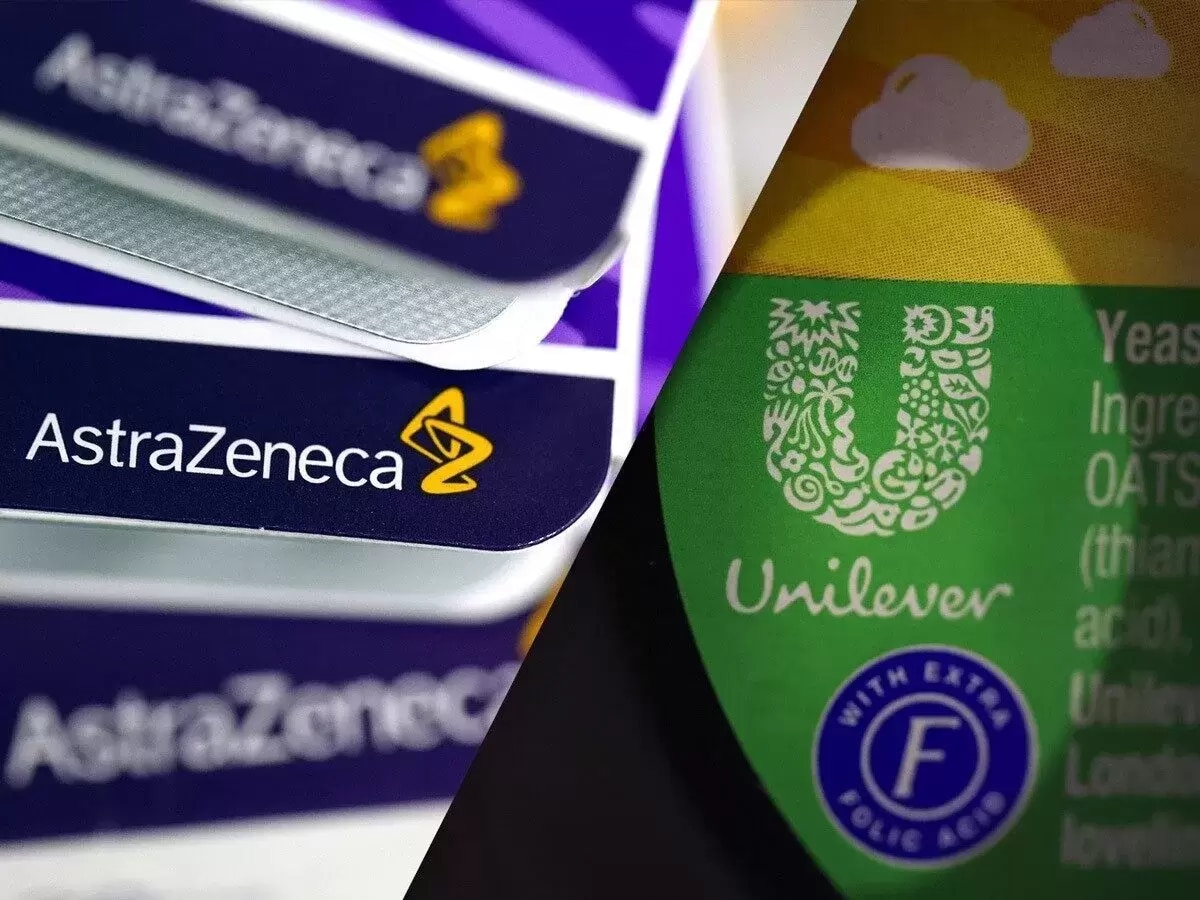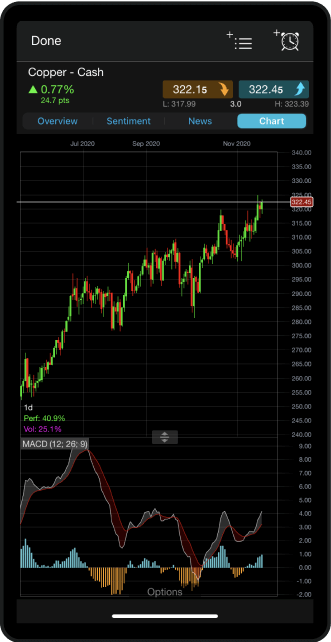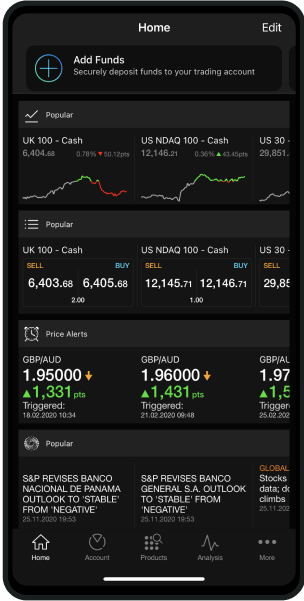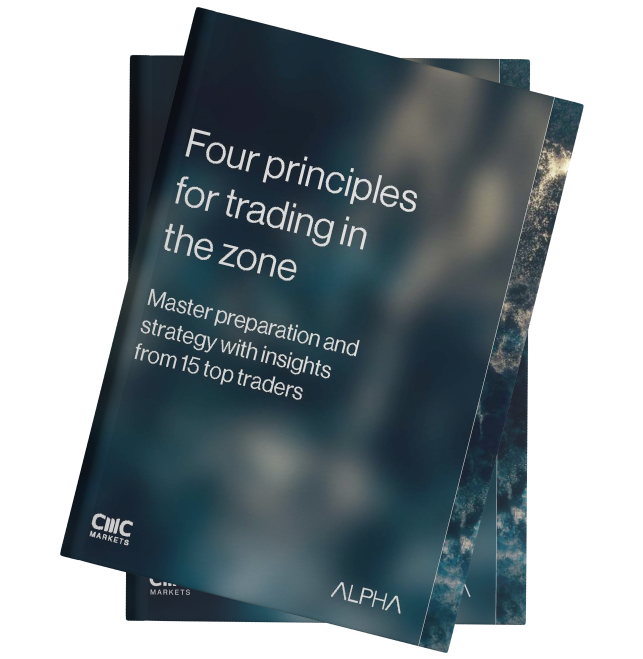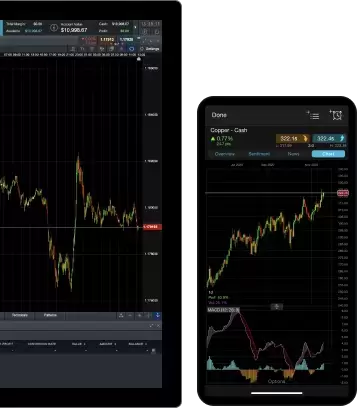The 20 biggest UK companies by market cap
Published on: 07/03/2022 | Modified on: 23/01/2023
The United Kingdom is the sixth-largest economy in the world, and it has produced a number of large-cap and blue-chip stocks, which are listed on the London Stock Exchange and form part of the FTSE 100 stock index. Read on to discover the top 20 largest UK companies by market capitalisation and how you can get involved in spread betting or trading CFDs on their share prices.
Please note that past performance is not a reliable indicator of future results.
KEY POINTS
- The FTSE 100 is the UK’s benchmark stock index representing the country’s biggest market cap companies
- It covers all sectors, including finance, healthcare, energy, consumer goods and technology
- Most of these companies are considered of blue-chip value
- Some share origins with other countries and are listed on more than one international exchange
- The top 10 list is constantly changing as market prices fluctuate often
















